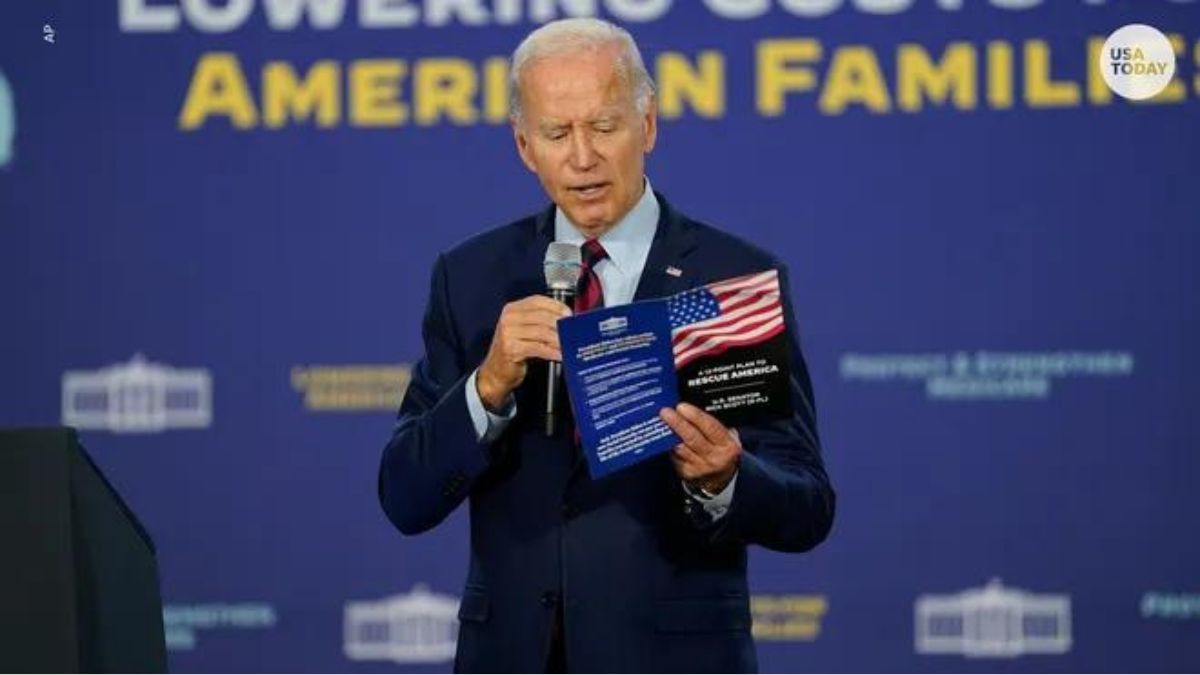In a significant move aimed at curbing soaring drug costs, the Biden administration is set to disclose its list of 10 prescription medications subject to groundbreaking price negotiations within the U.S. Medicare health program. This program extends coverage to around 66 million American citizens aged 65 and above.
The Inflation Reduction Act (IRA), a cornerstone of President Joe Biden’s legislative agenda, signed into law last year, empowers the Medicare program to engage in price negotiations for some of the most expensive drugs.
This compilation of 10 drugs signifies the commencement of negotiation proceedings. The revised pricing for these medicines is slated to come into effect in 2026. The overarching objective of this initiative is to achieve annual savings of $25 billion on drug expenditures by the year 2031.
Industry experts anticipate that the list will feature drugs such as Merck & Co’s diabetes medication Januvia, the blood-thinning agent Eliquis from Bristol Myers Squibb and Pfizer, and AbbVie’s treatment for leukemia, Imbruvica.
Democratic Senator Amy Klobuchar, a staunch advocate for reduced healthcare costs, remarked, “Congress has confronted the pharmaceutical industry and declared that exorbitant prescription drug prices, exceeding 250% higher than in other nations, are no longer acceptable.”
A consortium of pharmaceutical companies including Bristol Myers, Johnson & Johnson, Merck, AstraZeneca from the UK, Astellas Pharma (4503.T) from Japan, and Germany’s Boehringer Ingelheim, alongside business associations, have initiated legal action against the U.S. Department of Health and Human Services (HHS), the overseeing body of the Medicare agency. Their objective is to thwart the implementation of the pricing framework.
Their legal stance argues that the program could stifle innovation and infringe upon their constitutional rights under the First, Fifth, and/or Eighth amendments.
Acknowledging these challenges, the White House countered by asserting that nothing in the U.S. Constitution prohibits Medicare from engaging in negotiations to secure lower drug prices.
Under the new program, a minimum reduction of 25% from a drug’s list price is mandated, with room for the government to negotiate even greater discounts.
The 10 drugs selected for the initial phase must meet specific criteria outlined by the Medicare agency. They should be available in pharmacies, lack substantial generic alternatives, and have been on the market for a minimum of nine years, or 13 years for more intricate biotech drugs.
Upon the list’s unveiling, pharmaceutical companies will have until October 1 to sign agreements for participation in negotiations, and until October 2 to submit comprehensive data about their medicines, encompassing research and development costs, production expenses, patent information, as well as revenue and sales figures.
Barring court intervention, the Medicare agency will unveil the mutually agreed-upon prices on September 1, 2024.
Among the legal battles underway, the U.S. Chamber of Commerce, the nation’s largest business advocacy group, is seeking an injunction against the price limitations in an Ohio federal court.
As the first 10 drugs are named, experts anticipate additional legal actions against the HHS and the Biden administration, as more companies become confident in their rights to litigation under U.S. law. AARP attorney Kelly Bagby recently expressed her support for the government’s drug pricing program, arguing that attempts to invalidate it, as pursued by the U.S. Chamber, could adversely impact older Americans.




